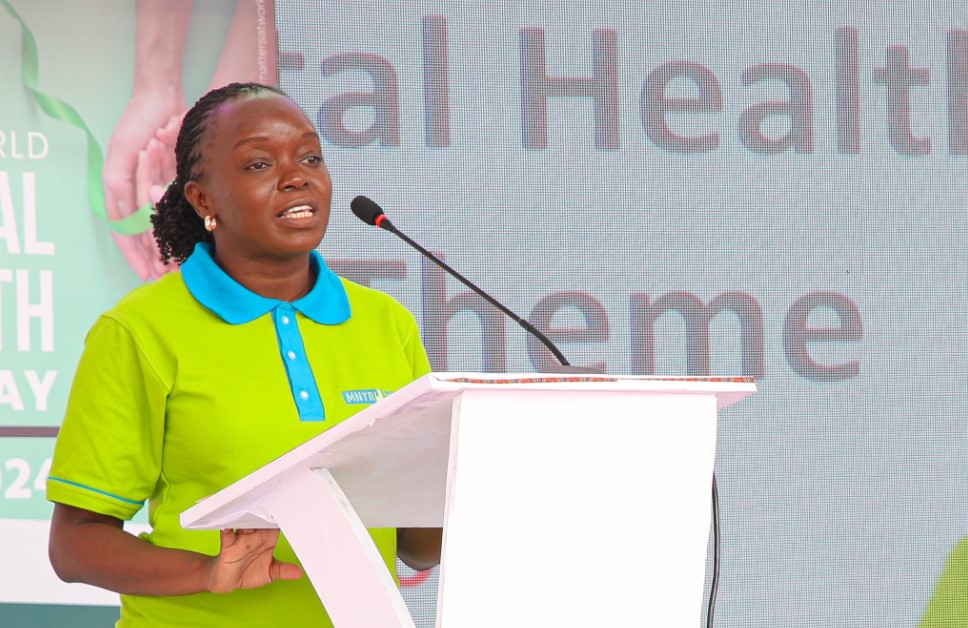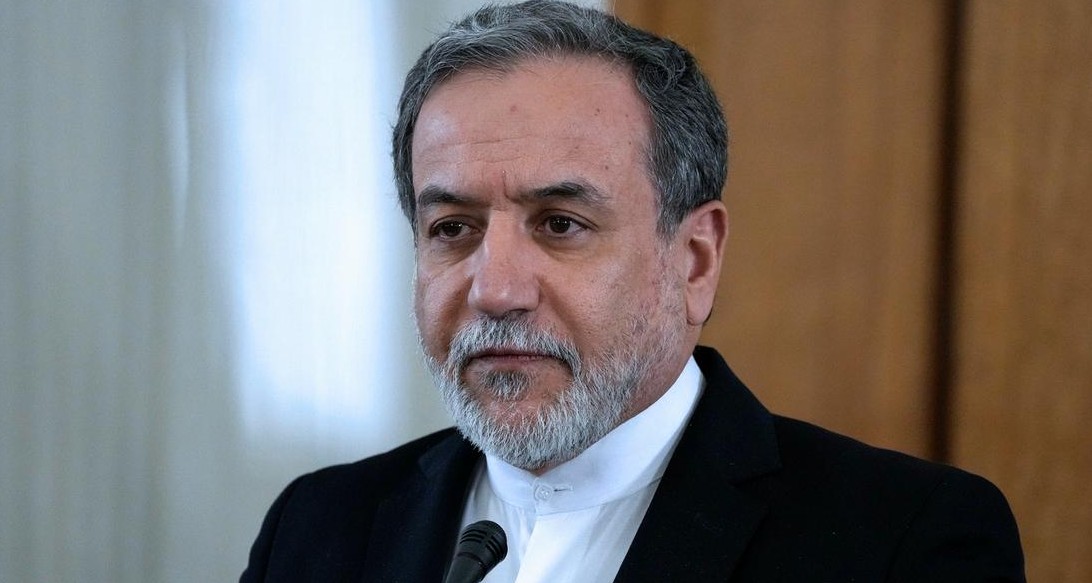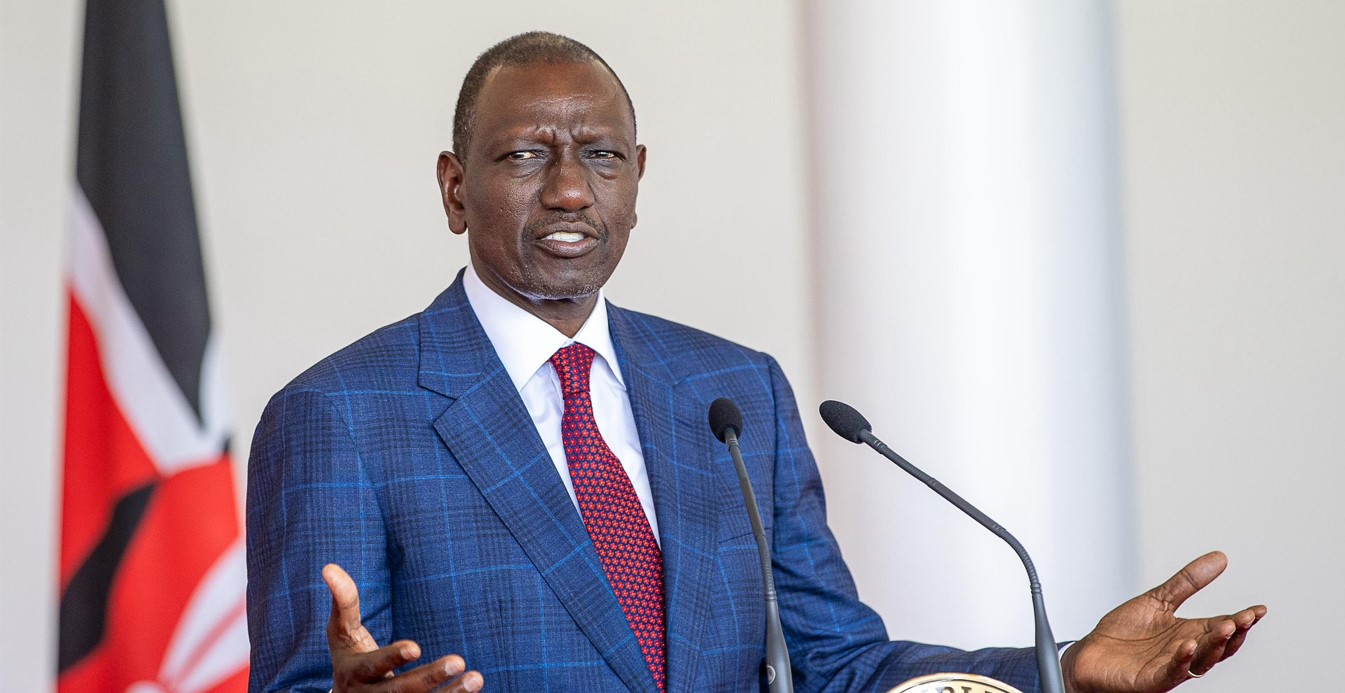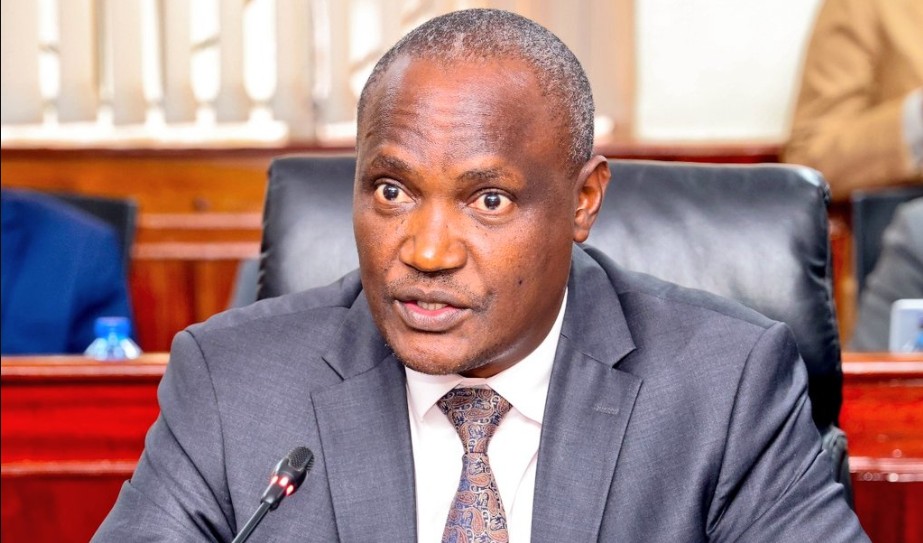Kenya launches guidelines to address mental health challenges at workplaces

Key actions in ensuring workers’ well-being include urging counties to invest in mental health and addiction clinics at all Level 4 hospitals.
As the world observes Mental Health Day, Kenya’s Ministry of Health has launched its inaugural guidelines to address mental health challenges at workplaces.
According to the World Health Organisation, approximately 3.7 million Kenyans are affected by mental health issues. The ministry is emphasising the promotion of mental wellness at work, ensuring that employees have improved access to mental health care and support systems.
More To Read
- Extreme weather affects mental health: what vulnerable women in Kenya told us
- Extreme weather affects mental health: What vulnerable women in Kenya told us
- Study links early smartphone use to severe mental health outcomes in young adults
- Mentally ill mother sentenced to three years probation for killing six-month-old baby
- Four bodies found in Mombasa, sparking probe into their 'sudden deaths'
- ‘They told them I was dead': A mother’s pain and the mental toll of family separation on children
This year's theme, ‘It is time to prioritise mental health in the workplace’, underscores the crucial role that work environments play in shaping the mental health of individuals and addressing public health and development concerns.
During the event, Health Cabinet Secretary Debra Barasa highlighted the need to prioritise mental health at the workplace, urging against stigmatisation.
"A significant portion of a person's life is spent in the workplace, and this environment can profoundly impact their mental well-being. While meaningful work can provide many benefits, harmful work conditions can lead to serious mental health issues," she stated.
The guidelines by the Ministry of Health focus on three key strategies of promotion, prevention, and care and support. Employers are encouraged to implement mental wellness programmes that prioritise the overall well-being of employees, prevent the onset or exacerbation of mental health issues, and provide necessary care and support for those in need.
Employee well-being
By prioritising mental health in the workplace, organisations can enhance employee well-being, boost productivity, and contribute to socioeconomic development.
Key actions in ensuring workers’ well-being include urging counties to invest in mental health and addiction clinics at all Level 4 hospitals, implementing the national guidelines on mental wellness by all employers, and including mental wellness and addiction prevention initiatives in school health programmes.
Barasa noted that mental health challenges extend beyond individual suffering as they affect families, communities, and society at large.
Depression and anxiety alone contribute to an estimated 12 billion lost working days each year.
In Kenya, the economic cost of mental health conditions is considerable, resulting in a loss of 0.6 per cent of GDP in 2020 — equating to Sh62.2 billion (US$571.8 million) primarily due to lost productivity. Factors like absenteeism and presenteeism significantly contribute to this economic burden, while healthcare spending remains relatively low.
Despite these challenges, investing in mental health interventions yields a substantial return on investment over time.
The Kenya Mental Health Action Plan and the Taskforce on Mental Health Report prioritise enhancing access to mental health services, including workplace wellness programmes.
Specialised agency
On World Mental Day 2024, the launch of the Mathari National Teaching and Referral Hospital's Strategic Plan was also announced. This plan represents the culmination of extensive efforts to enhance mental healthcare in Kenya, particularly as the hospital has evolved into a specialised agency for mental health services.
The hospital's mandate includes providing specialised psychiatric care, including forensic psychiatry and child and adolescent mental health services, while also receiving referrals from other facilities. Additionally, it aims to serve as a training hub for mental health students, aligning with frameworks like the United Nations Sustainable Development Goals (SDGs) and Kenya Vision 2030.
Mental health conditions include mental disorders, psychosocial disabilities, and other mental states that cause significant distress, impair daily functioning, or increase the risk of self-harm.
In 2019, about 970 million people around the world were living with a mental disorder, with anxiety and depression being the most common.
These issues can deeply affect all areas of life, including relationships with family, friends, and the community, and can lead to challenges at school and work.
Globally, mental disorders account for one in six years lived with disability. People with severe mental health conditions often live 10 to 20 years less than those without such conditions. Additionally, having a mental health issue increases the risk of suicide and can lead to human rights violations.
The economic toll of mental health problems is substantial, with lost productivity greatly surpassing the direct costs of treatment.
Top Stories Today















































